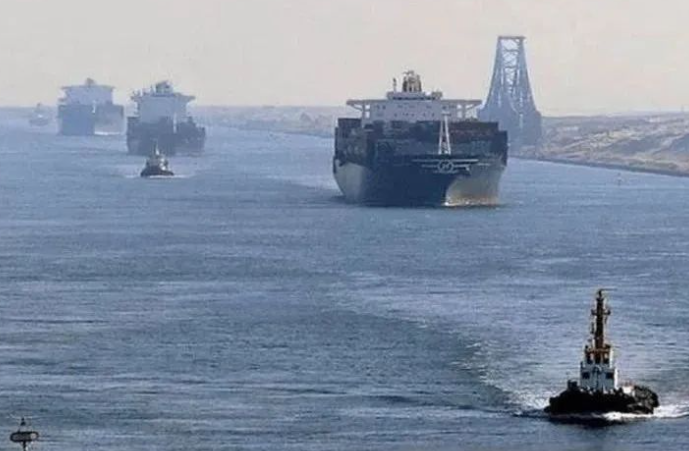Since the Houthis began their attacks in the Red Sea, war insurance premiums have surged by a staggering 900 per cent. This shocking statistic comes from a report released on the 26th by the United Nations Conference on Trade and Development (UNCTAD).
According to reliable sources, war risk premiums amounted to just 0.1 per cent of a ship’s value at the end of last year, but by the beginning of this month, that figure had soared to 1 per cent of the ship’s value. This dramatic increase has had a profound impact on the global shipping industry and trade.
At the same time, the report also reveals a disturbing trend: traffic through the Suez Canal this year has plummeted by 42 percent year-on-year, while traffic through Panama has also decreased by 49 percent. This decline in shipping amounts to 12 percent of total U.S. trade, with exports accounting for 21.3 percent and imports for 5.7 percent.
For countries such as Ecuador (25.6%), Chile (22%) and Peru (21.8%), the impact of the blocked canal was particularly severe. The trade volume of these countries has taken a significant hit, with containerized goods accounting for a large portion. By the second week of February, 586 container ships had had to reroute around the Cape of Good Hope to avoid the Suez Canal.
In addition, the disruption of the Suez Canal has had a serious impact on trade in several countries. According to the report, 33.9 per cent of Sudan’s trade, 30.5 per cent of Djibouti’s trade, 26.4 per cent of Saudi Arabia’s trade and 19.4 per cent of Seychelles’ trade were all affected to some extent.
Yemen is a high-profile example, with UNCTAD finding that about 31.6 per cent of its trade could be negatively affected by the disruption of the canal, somewhat contradicting its expectations.
Unctad also noted that transport disruptions would not only lead to increased inflationary pressures, which would in turn drive up the cost of goods, particularly food. This was evident during the post-pandemic surge in freight rates. The report estimates that about half of the food price increase recorded in 2022 will be due to higher transportation costs.
In addition, UNCTAD added that the detour to the Cape of Good Hope and the associated increase in speed would increase fuel consumption for ships. For routes from the Far East to Northern Europe, fuel consumption could increase by up to 70%.
While previous reports have focused on how the rerun would increase ship fuel consumption, UNCTAD found that speed had also increased, soaring from an average of 14.6 knots in October to 16.2 knots in mid-January. It has been calculated that a two-knot increase in speed increases fuel consumption by 31% per mile.
The report highlights that developing countries are particularly vulnerable to disruptions in shipping networks and shifts in trade patterns. Such a shift would not only drive up costs, but could also alter the ease of trade and access to markets. While the impact of these combined disruptions has so far not reached the level of disruption caused by the pandemic or the ensuing 2021-2022 global logistics crisis, UNCTAD is still closely monitoring the evolving situation to assess its long-term impact on global trade and the shipping industry.
Source: Shipping Network
Post time: Feb-28-2024


